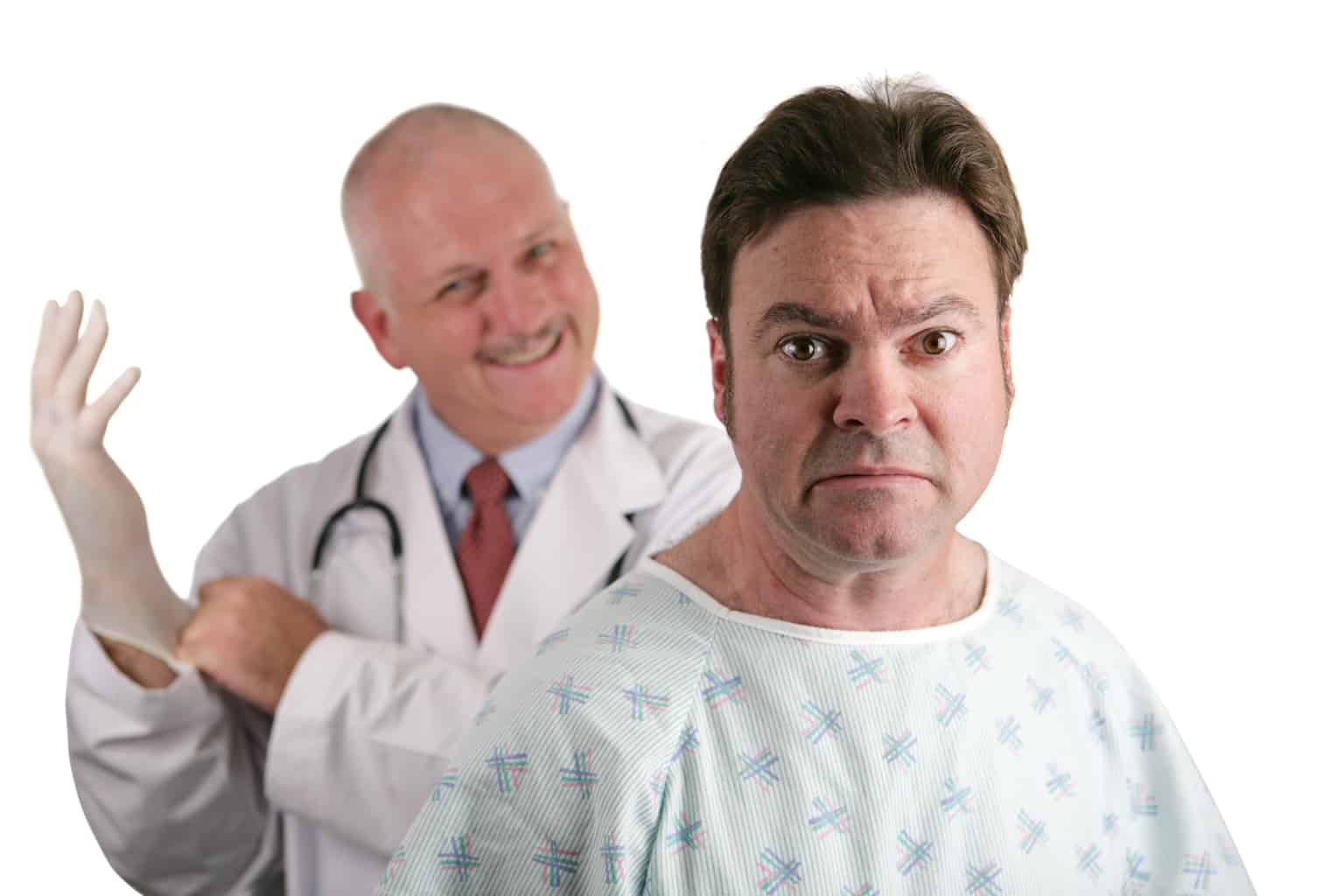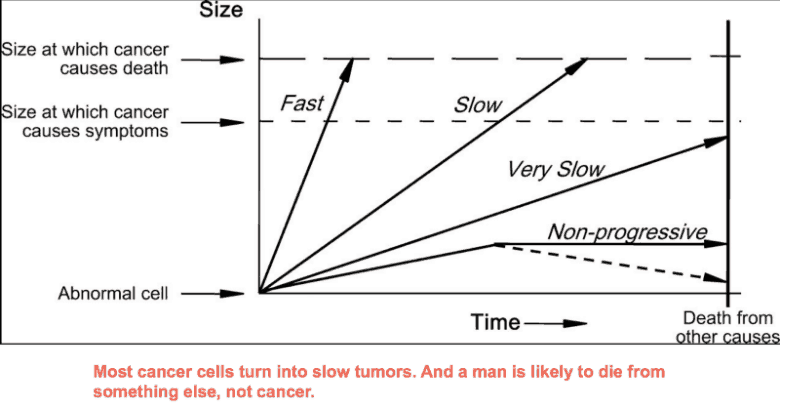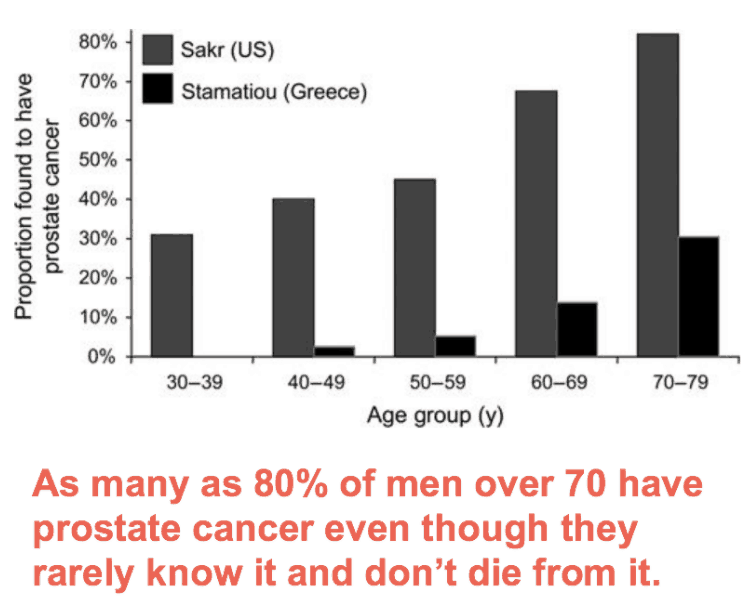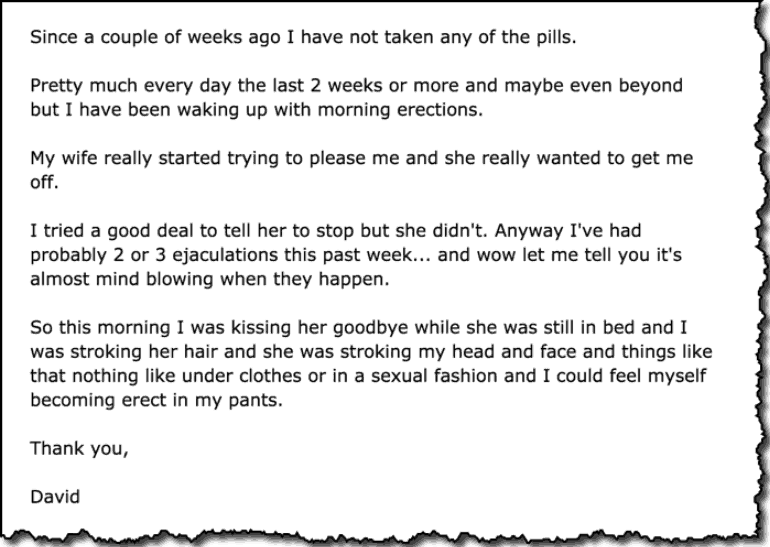
[cmamad id=”14939″ align=”center” tabid=”display-desktop” mobid=”display-desktop” stg=””]
“So, what if I have prostate cancer?” I say to my doctor.
——Important Message—–
Can these solo activities raise testosterone?
Just as weightlifting can increase testosterone in some cases…
I discovered these solo activities that promote higher testosterone and higher oxytocin, which is the reason they cause very long-lasting and hard erections.
These solo activities work so well because they increase the hormone oxytocin in the brain and in the penis.
And these solo activities raise testosterone (while ordinary masturbation tends to lower T.)
Remember this: Oxytocin is the bedroom hormone for long-lasting erections – it’s also responsible for feeling more pleasure and more sensitivity.
The solo activities themselves are quite pleasurable.
It’s no chore to raise my oxytocin and my testosterone and increase pleasure…

Raise your testosterone, decrease harmful estrogen, and get towel-hanger erections again.
————–
Why I don’t get my prostate screened…
Big Pharma makes a tremendous amount of money from cancer treatments.
To the extent that, nowadays, Big Pharma companies do not even have to show that a cancer treatment actually increases the chances of survival.
They are getting approval for chemicals that have not even been proven to increase life expectancy.
There are many aspects of medicine today that actually hurt people.
But men are especially hurt by how prostate cancer is handled.

Here’s the background of the problem…
Many cancer cells are forming in the body constantly – the body usually fights them off.
Only occasionally do these cancer cells cause a tumor.
And, most of the time, even tumors are fought off and destroyed by a healthy body’s defenses:

Since the tumor grows slowly, the body has plenty of time to mount a defense against it.
It seems that the longer you live with a tumor, the slower the tumor grows…
[cmamad id=”14940″ align=”center” tabid=”display-desktop” mobid=”display-desktop” stg=””]
When death eventually occurs, as it must, it will often be from some other cause and not the cancer.
I will have more about that in an upcoming newsletter.
Of course there are some tumors that grow very fast and kill very quickly.
But they are rare.
Below is a very important chart showing you two different studies in two different countries.
Both are about men who died and were discovered by autopsy to have prostate cancer they never knew they had.
These men did not die from prostate cancer and they did not know they had prostate cancer:

In the Western world, about 80% of men over 70 have some level of prostate cancer and probably never know it and will not die from it.
Yet when men go for a PSA test and the PSA level is high, they panic.
They go into “slash and burn” cancer-destroying mode.
They have heard so many bad things about cancer they will do anything to get rid of it.
Then we have prostatectomies that result in sexual problems for the rest of our lives.
And then, even without a prostate, cancer often returns.
All of this is a result of the terribly destructive overdiagnosis of cancer in the Western world.
Men have a 4% chance of dying from prostate cancer, but an almost 90% chance of being overdiagnosed and overtreated if it is discovered.
One study found:
“…no difference in prostate cancer mortality, with a 22% increase in prostate cancer detection in the screening group.”
Meaning that although 22% more cancers were detected in a screening group, there was no difference in prostate cancer mortality between those who were screened and those were not.
This is proof of overdiagnosis, isn’t it?
So remember this reality:
Being diagnosed with prostate cancer is very common. But dying from prostate cancer is very rare.
The question is, if you are diagnosed with cancer what will you do about it?
There’s really no point in getting tests done unless you have a plan of attack that is dependent on the results of the test.
If you’re going for a PSA test, and the level is high, you must be prepared to get irradiated or cut if that is your decision.
Otherwise, there’s no point in the test.
It’s very difficult to be diagnosed with prostate cancer and then not do anything about it.
But doing nothing about it may be the best decision of all.
The “active surveillance” approach has been shown to produce a net benefit to most men…
…over having their prostate removed or being irradiated.
There will always be stories of so-and-so who had a cancer diagnosis and was treated and lived.
But nobody would know if that person would have lived without the surgery and without the radiation.
What we do know for sure is that there is a lot of overdiagnosis going on.
Especially in the area of prostate cancer and in all cancers.
And we can try to determine our own action plan in the event a test shows positive for cancer.
That action plan may be not doing anything about it – and that may be the best decision of all.
——Important Message——
If you’re considering any of my programs – please read this carefully:

Begin enjoying the sexual bliss you deserve
—————


Leave a Reply